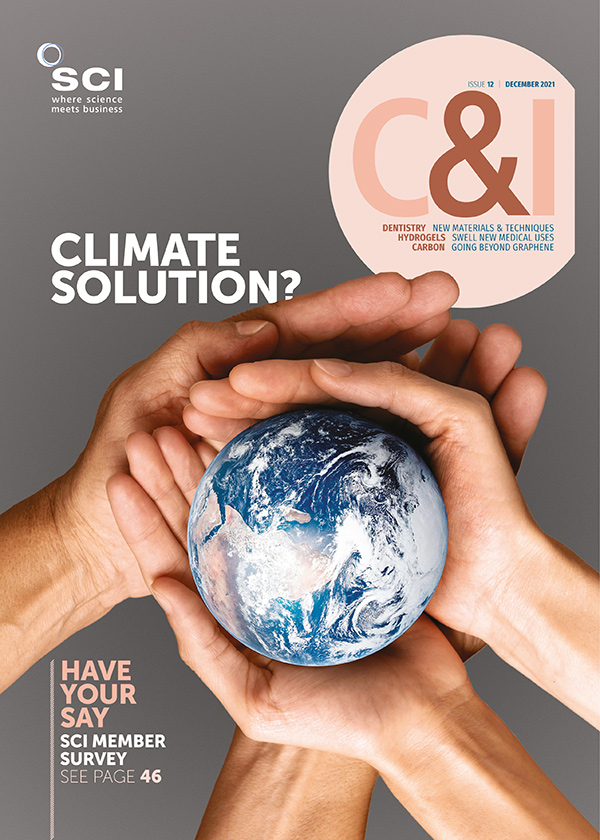Neil Eisberg | Editor
The ambition of the recent COP26 event in Glasgow was to set in place measures that the whole world could agree upon to restrict global warming to 1.5°C. One key to this aim was to halve carbon emissions by 2030. So has this been achieved and is the world going to survive?
Depending upon your viewpoint, COP26 proved to be very mixed in terms of achievements. Initially good progress was made in the first few days with pledges being made left, right and centre, particularly as regards deforestation and the threat posed by methane emissions, driven by the EU and the US. The issue of financial commitments made by developed nations to help fund the developing world to reduce carbon emissions was also raised early in the proceedings. So there were high hopes that as the event proceeded, it would produce a major step forward in meeting the climate challenge. But what went wrong after that early optimism?
Perhaps the most disturbing revelation was that the target of 1.5°C may have already been overtaken by the continuous growth in carbon emissions. This was replaced by a warning of 1.8°C, with some doomsayers predicting that the global temperature rise is already on track for 2.4°C, or even 2.8°C by the end of the century – even with action to control emissions being taken immediately.
There were some further highlights, in particular an astonishing and totally unexpected agreement between the US and China, the world’s two biggest emitters, to work together to combat global warming, although no concrete proposals were forthcoming. Perhaps more importantly, however, attempts to control the use of coal and the other fossil fuels, by eliminating subsidies, for example, floundered on specific needs to protect national interests and economies.
Much has also been made about the absences of the premiers of Russia and China, although the gathering of so many heads of state in the first week of the COP proceedings could be viewed as mere window dressing for the global media. The Chinese delegation was certainly active during the proceedings, despite the absence of their leader-for-life.
While the various pronouncements captured the headlines, with each leader trying to demonstrate the greatest commitment to saving the world, the real work of discussion and negotiation was always going to fall to the various national delegate teams. But even then, there were many groups, especially those representing indigenous people from around the world, who weren’t even involved in the discussions. These groups represent populations at the frontline of the global crisis, whether suffering loss of habitats or close to drowning through rising sea levels.
Before it was even close to being agreed, the final COP statement was already being described as ‘watered down’, without the issue of fossil fuels being fully addressed. To achieve a final statement, the two-week event was extended by a day so some agreement could be reached. In the end, the stumbling block, as might be expected, was fossil fuels, with the wording covering coal, for example, being toned down at the behest of China and India to just agreement that its use would be ‘phased down’. Oil producing nations like Saudi Arabia, also wanted action on fossil fuels to be toned down.
This will certainly not be the last COP – in Glasgow the announcement was made to hold COP27 in 2022. It will move to Egypt at the Red Sea resort of Sharm El-Sheikh, home of some of the world’s best scuba diving, providing the coral remains alive.
At the next meeting, it is intended national pledges will be revisited and updated, and more progress made on the developed world funding the developing world’s efforts to respond to climate change.
So was COP26 just a jamboree for politicians posturing for the benefit of the rest of us, trying to demonstrate their higher environmental credentials, and even out pledge other leaders? As the old saying has it, the proof will be in the eating, or rather the verification showing that all the pledges are being or have been met.
Verification is essential to measure if real progress is being achieved. In this area, the world has moved on significantly since COP21 in Paris. Many commentators have said that was the most successful event in the COP series with real progress being achieved in terms of agreements on necessary actions. In the six years since then, great strides have been made in Earth monitoring, primarily by satellites, so in theory, the world now has the tools to examine its progress as regards climate action.
But that is what is now essential – action. To misquote Greta Thunberg, the blah, blah, blah needs to become real action, and it needs to begin quickly if the worst predictions heard at COP are to be avoided.





